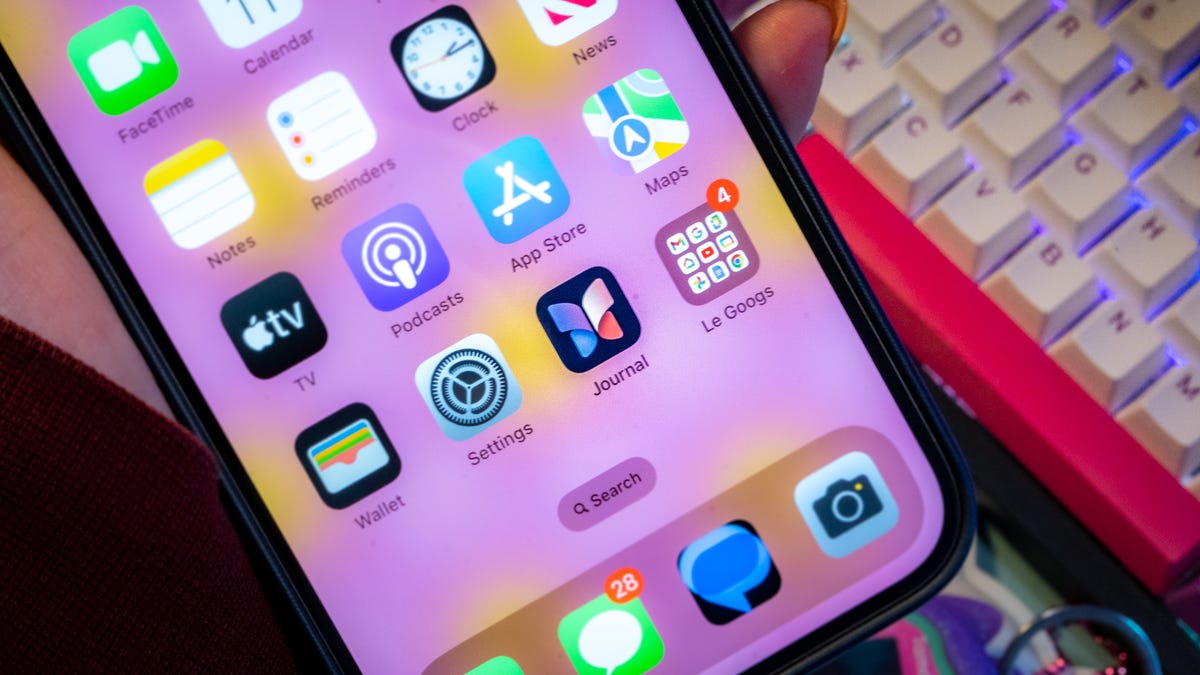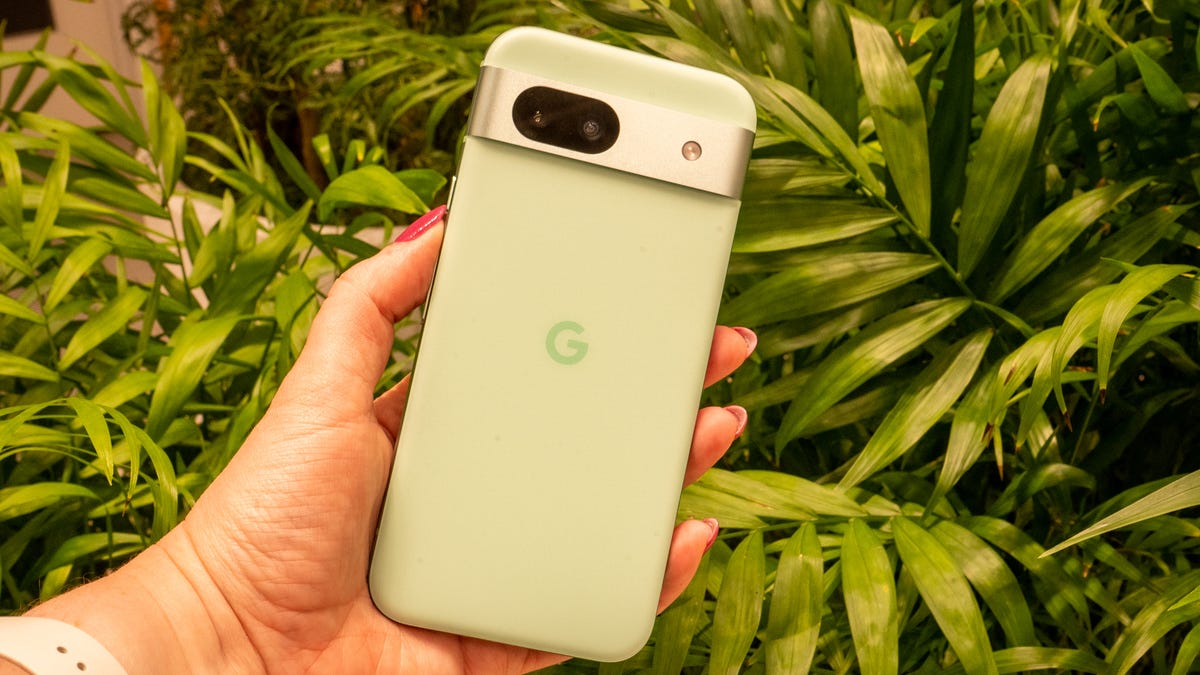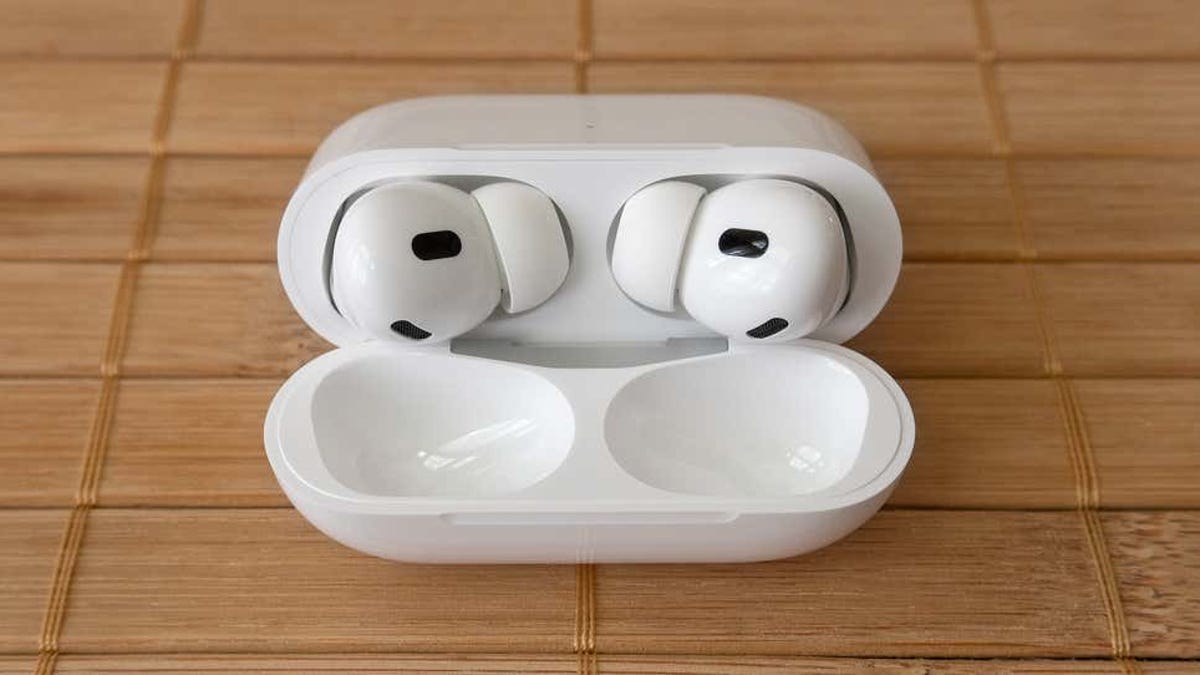There are plenty of things to like about the latest iOS 17.2 update. For one, iPhone 15 Pro users are getting telephoto camera improvements and can finally use the titanium-shelled hardware to shoot spatial videos for the Vision Pro. There’s also a new Action button shortcut for real-time translation. But the most helpful bit of this software update is the official debut of Apple Journal, which comes just in time for the emotionally challenging holiday season. Journal can help keep all those inner thoughts you write out shielded from the people you want to avoid peeking over.
I’ve been using the Journal app since it went into public beta weeks ago. I don’t use it daily, and I’m relieved it’s not one of those things constantly nagging me to update—I hate that about wellness-minded apps. Apple certainly delivers a tinge of that with its marketing about this app. “Journal makes it easy to preserve rich and powerful memories and practice gratitude by intelligently curating information that is personal to the user, right from their iPhone,” writes the official Apple blog.
I’ll give it to Apple: Journal is password-protected, unlike that list of people you’ve been keeping in the Notes apps. You can optionally choose to lock away your Journal entries behind Face ID. The only drawback is that you can’t hop devices to update your Journal since the data is encrypted directly on the device.
How to Get Apple’s Journal App
First, ensure you have the latest iOS 17.2 software update. In the Settings panel, under General, tap on Software Update and ensure everything is up to date.
Using the Journal app is easy. It’s like posting to social media or in your Notes app, except that no one will see what you’re writing and pasting together. Each journal entry lets you attach photos, videos, location, or a voice note. After a while, you can sort journal entries by whether they have pictures or videos attached, and you can use filters to find specific entries later on. Journal entries can also begin via prompt, interspersed between highlighted memories from the Apple Photos app. Those recommendations happen via on-device processing, so Apple has no idea what you’re writing about.
The one bummer about Apple Journal is that I’m cross-platform, and it won’t pull in any photos from other apps where I store memories. For instance, I can download pictures from Google Photos to the iPhone and then upload them photo-by-photo for entries. But I don’t get any fun prompts or reflective blocks the Journal app offers.
Journal has its own set of settings on iOS. You can choose what it can access and if you want it to show you journaling suggestions. This area of the settings is also where you’ll lock up the iPhone using Face ID or, if on an older iPhone, Touch ID. There’s also an option to toggle on a journaling schedule if what you’re after is finding some zen through working out your feelings.
How is Apple’s Journal any different from writing anywhere else? For one, it’s more secure than one of those tiny metal locks for notebooks that you can pry open with a pin. In all seriousness, I could link a dozen studies about how journaling can help ease anxiety and encourage you to work through complicated feelings. But whether you feel like working through it on your iPhone is entirely up to you. The point is that Apple offers a native way to connect with that inner side, so you rely on your device for that emotional release.
It’s simple psychology. That’s how you solidify the relationship between the user and their device. The company also saw how reliant we are on note apps for figuring stuff out in our heads or posting half-assed apologies. What better time to help folks work through their grievances than during a season exposed to the same people who hurt them?
iOS 17.2 has a bunch of other little fixes and features to check out. Memoji now offers body shapes to reflect our actual society, iOS’s weather widgets provide more robust information than before, and Contact Key Verification verifies if the person on the other end is who they say they are. Siri can now privately log Health app data, like whether you took your meds.








